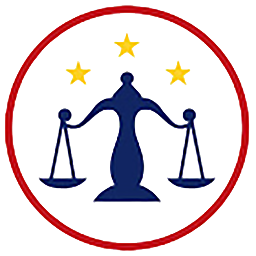
What are the things do I need to consider before engaging to real estate or mortgage?
I was thinking to buy a house, and I have so much thinking and planning to consider. I need to assess myself if I could afford it and layout all the possible worst-case scenario in case something happened due to a loss or unforeseen expenses. It is like gearing-up when it is cloudy and buying travel insurance when considering a long trip or vacation. It is the same way taking a mortgage or real estate.
Is it necessary to assess mine before buying a house?
The OSFI introduced new and tighter rules for requiring borrowers with uninsured mortgages.
The Office of the Superintendent of Financial Institutions (OSFI) introduced new, tighter rules, requiring borrowers with uninsured mortgages (those putting a down payment of 20 percent or more) to undergo a stress test. As of Jan. 1, 2018, uninsured borrowers must now qualify as a new minimum rate — the greater of the Bank of Canada’s five-year benchmark rate, which currently sits at 4.99 percent, or 200 basis points higher than their mortgage rate.
While the stress test aims at ensuring that borrowers can afford mortgage rate hikes, some sources are questioning — if not outright opposing — the latest mortgage rule.
How the stress test works?
A stress test is a way of determining exactly how much you could afford and under what scenario or twist of unexpected events like my income has been reduced due to job loss. Could I still afford to take a mortgage or monthly payment? What if the interest rate in the market spike-up? Do you think I could afford to refinance my home?
This type of planning is very crucial for a few reasons. First, the interest rate is on the rise. So, too are the mortgages. According to the Canadian Real Estate Association, the national average home price was $496,500 in December 2017 with a year-over-year increase of 5.7%
If I could still afford to pay my home in the case of interest spike per year, then I could start shopping and re-evaluate my budget.
Due to new housing loan rules that came into effect last January 1, 2018, all homebuyers are required to get either the high-ratio mortgage or an uninsured mortgage are now subject to mortgage stress test and we should be qualified at a rate that is higher than I can pay.
The minimum qualifying rate (or stress test) for consumers getting uninsured mortgages– borrowers with a down payment of 20% or more– will be the greater of the Bank of Canada’s five-year benchmark rate (presently 4.89%) or 200 basis points above the mortgage holder’s contractual mortgage rate.
I may need to weigh my options; Do I save enough for higher down payment and defer the price of my real estate property or house? Or simply choose the more affordable home?
The real estate team of JCA LAW OFFICE could help you.
Only you could know the best answer based on your income status. It is still the best idea to talk to the expert in real estate closings like JCA Law Office if you want to consider buying a home.

